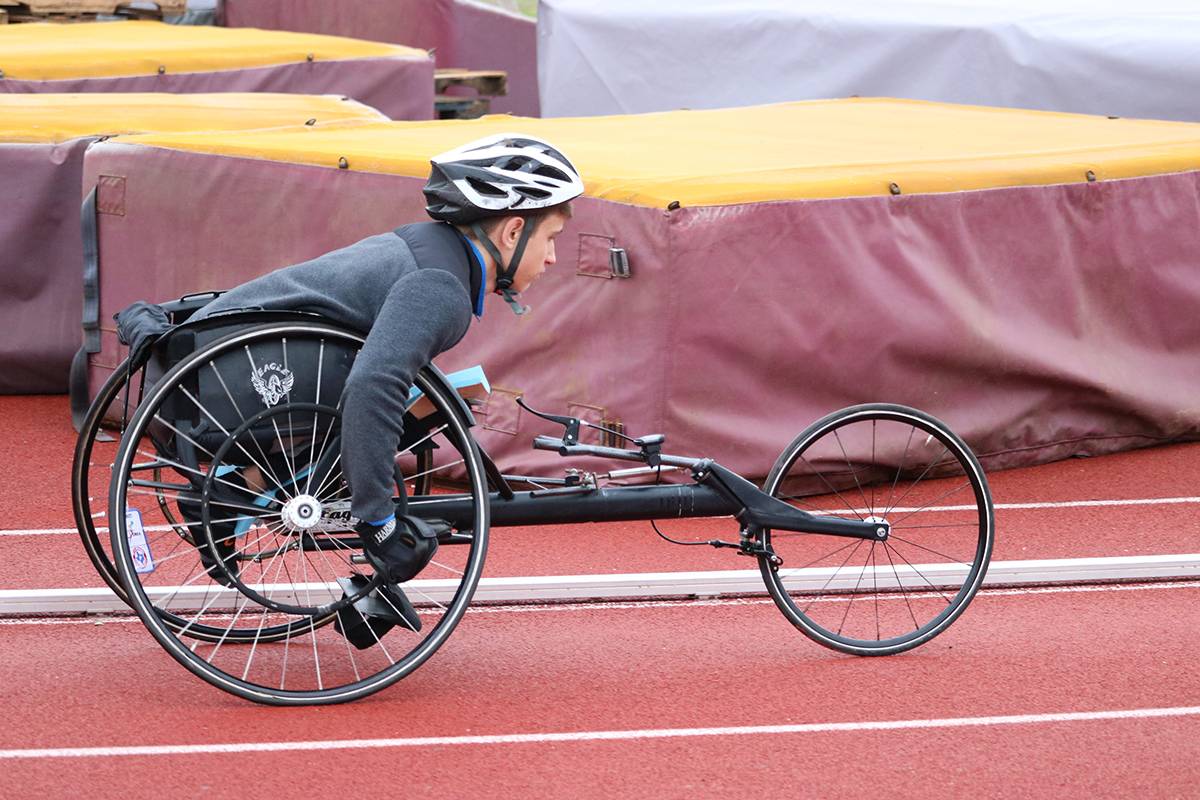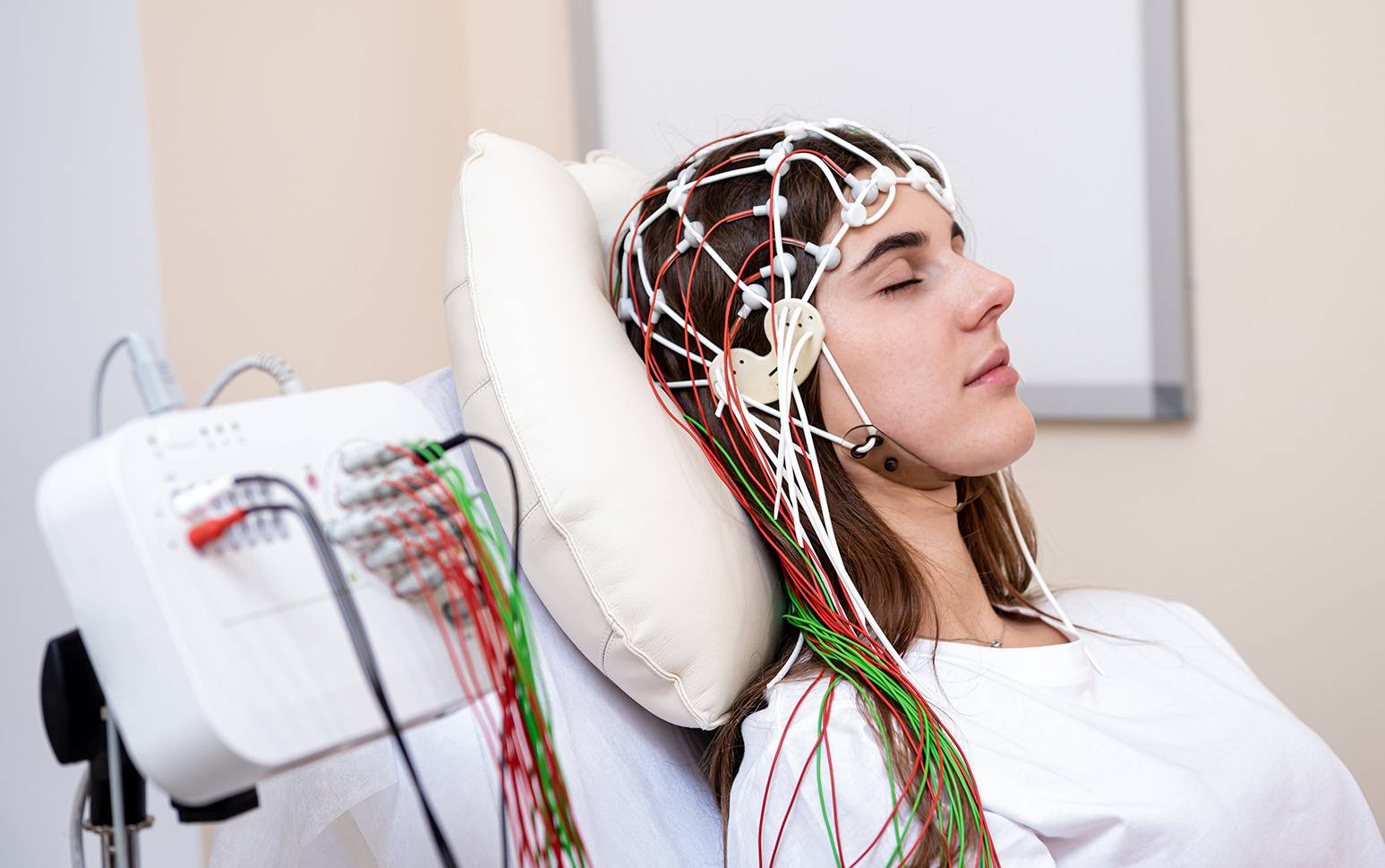Matt Joyce | March 30, 2023

Texas State University’s Materials Application Research Center (MARC) — an initiative dedicated to enhancing TXST’s research enterprise — has announced more than $540,000 in funding to purchase nine pieces of scientific instrumentation for labs across the university.
Following a call for Advanced Research Implementation Proposals, MARC announced the winning proposals last fall. Faculty members say they’re now in various stages of ordering, installing, and using the new instrumentation. The shared equipment will serve more than 50 faculty and more than 1,000 students.
“MARC is happy to be able to impact so many students and faculty to enhance their research capabilities,” said Dr. Jennifer Irvin, director of MARC. “We look forward to seeing the benefits this investment will have on the university’s research output.”
Irvin said faculty should anticipate another call for proposals this September.
The nine funded pieces of equipment include a centrifuge, electrodes to study brain responses, an ergometer to evaluate wheelchair exercise effectiveness, a high performance computing server for machine learning research, an inductively coupled plasma-mass spectrometer for trace metals analysis, a cryo-cooler for the electrical characterization of semiconductors, a fixture for studying mechanical strength of concrete and asphalt, equipment to embed biological tissues in wax, and a carbonation chamber for creating longer-lasting concrete.
The new tools are facilitating projects that represent the broad array of research taking place at TXST.

For example, Dr. Logan Trujillo, associate professor in the Department of Psychology, is part of a team that requested electroencephalographic recording electrodes to monitor physiological signals from human participants in non-laboratory environments.
“We are using it to measure electrical brain responses of human participants while they engage in immersive 3D virtual reality scenarios,” Trujillo said. “The equipment helps us to measure the neural correlates of various emotional and cognitive states engaged by the scenario.”
In the Ingram School of Engineering, Dr. Xijun Shi said his team has placed an order for a fixture for an instrument to study the mechanical strength of concrete and asphalt. Faculty and students in Civil Engineering, Concrete Industry Management, and Engineering Technology will use the fixture to evaluate the materials’ flexural and fracture properties.
“I’ll use the equipment to test a sustainable, high performance concrete material reinforced by scrap tire recycled steel fiber for an active research project funded by American Concrete Institute Foundation,” Shi said.

In the Department of Health and Human Performance, researchers have ordered a wheelchair ergometer, which is being built in the Netherlands and is expected to ship this summer.
“The wheelchair ergometer will allow our research team to conduct exercise testing for those who use a manual wheelchair,” Dr. John Farrell said. “It is designed to allow for wheelchair propulsion and ergonomics. We will be able to test those who compete in adaptive sports while they are using their sport chair and we can then administer exercise training protocols to enhance their physiological fitness.”
In the Department of Chemistry and Biochemistry, Dr. Christopher Rhodes of the Materials Science, Engineering, and Commercialization Program said a new Inductively Coupled Plasma-Mass Spectrometry instrument will be used by 11 different faculty members and an estimated 38 students.
Broadly, the instrument will be used to determine the concentration of dissolved metals within a wide range of applications,” Rhodes said. “For example, the instrument will enable real-time analysis of dissolved metals from catalysts used for splitting water into hydrogen and oxygen, which enables developing materials with improved stability.”
MARC was established in 2017 and operates under the Division of Research. It serves as an in-house innovation lab for the university, with robust entrepreneurship components and has attracted nearly $3 million per year in funding from the Texas Legislature.
“We’re grateful to the Legislature for this funding, and we’re excited about faculty proposals to expand Texas State’s research capabilities into the future,” Irvin said.
Share this article
For more information, contact University Communications:Jayme Blaschke, 512-245-2555 Sandy Pantlik, 512-245-2922 |
